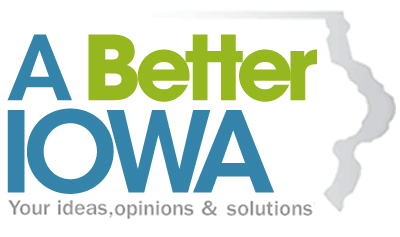The Stories of Peoples
Posted June 11, 2012
I find the United States Census fascinating. It has less to do with the numbers and more to do with storytelling. We’re all familiar with the basic trends. The U.S. population has been migrating south and west; we are becoming more racially and ethnically diverse; the general population is aging; and family structures are changing dramatically. Almost a year ago, I blogged on some earlier census results. At the time I noted, The “idealized” traditional family living on “Leave-it-to-Beaver” Street still exists, but in rapidly decreasing numbers.
American society is no longer the story of a people; it’s now the stories of peoples. A more recent release from the U.S. Bureau of the Census adds another development in this narrative. For the first time, births among the Non-Hispanic White/Caucasian population fell below the combined level of minority populations. It’s a new milestone validating projections about changing American population demographics.
I found one more nuanced insight to be particularly interesting. The median age for the Non-Hispanic White/Caucasian population is 42.3. Given average life expectancy, the number seems reasonable. By comparison, however, the median age for Asians/Pacific Islanders is 33.2; for Black/African Americans the median age is 30.9; and for Hispanic/Latino/a members of society, it’s a stunning 27.6. In fact, by 2042, the population of Non-Hispanic White/Caucasians will begin to trail the population Hispanic/Latino/a Americans overall in our society.
The question for all of us is, “What story will we write as this future unfolds?” Many focus concern on changing cultures, but America is quite accustomed to broad cultural dynamics despite the growing pains of change. Others think about shifting political power, but there are always political winds blowing. Many look to the economic impacts as an area for increased attention. For me, this is all about education.
The decisions we make as a society about educating our changing population will determine much of our future story. Understanding among peoples is fostered through a sharing and appreciation for diverse linguistic, historic and cultural traditions. Political power is appropriately channeled through civil discourse, which is something we need to practice when we are young. Economic prosperity grows from the guided accumulation of knowledge, skill and experience. When educated citizens are unleashed in a society that values learning, the positive effects can be remarkable. Our educational settings provide us one of the most potent forces for societal good from generation to generation. It’s the societal gift that keeps on giving.
The decisions we make in the coming years about the kind of society we wish to become will gradually write our story over the long term. There are many short-term, even short-sighted, choices we can make that will not only change the unfolding American story, but also fracture it into stories that diverge. Perhaps they will even divide. We are writing our chapter now for future readers. I wonder how they will title our chapter.
This piece was originally written for The Des Moines Register’s A Better Iowa, where President Mark Putnam served as a featured columnist.
About the Author

I'm the lucky individual who carries the title, 21st president of Central College in Pella, Iowa. Passionate about higher education and the issues facing it and the world today, I hope to invoke an engaging conversation with all who are ready to dig in, make a difference and build for the future. Share your thoughts. I'm listening and interested.

